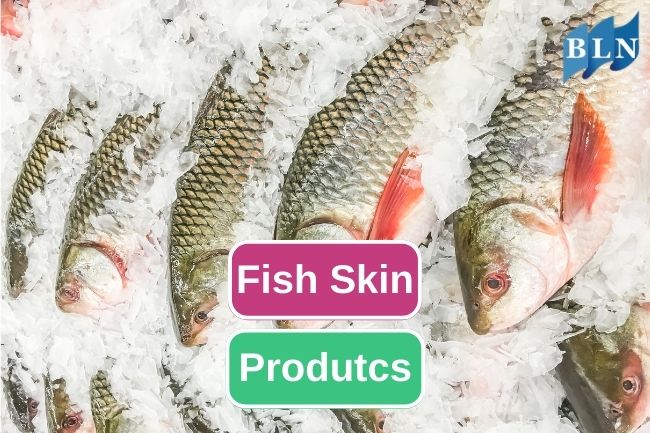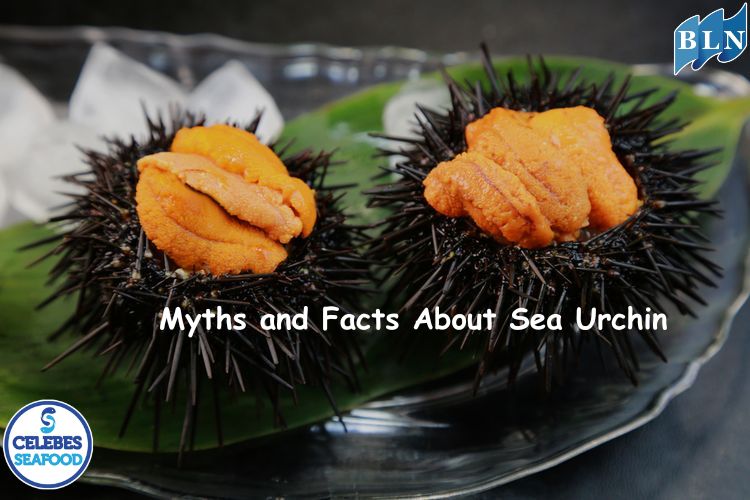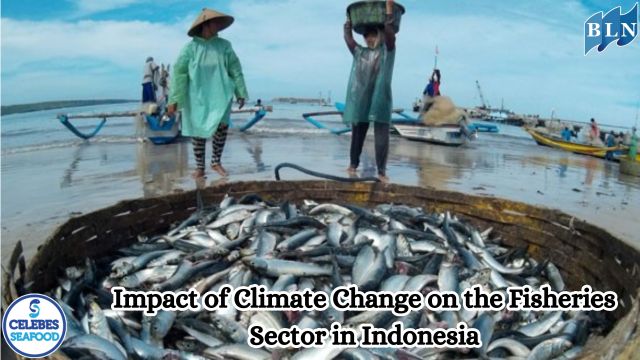This Is What You Can Do With Fish Skin
By. Nevanda - 17 Apr 2023
lautnusantara.com - The utilization of fish skin to reduce waste has the potential to be done because fish skin is an organic waste that can produce liquid and solid waste. The fish skin waste can pollute the environment if not processed properly. In this case, the utilization of fish skin can reduce the waste produced and utilize it into useful products.
Fish skin can be processed into a variety of useful products. Some examples of processed fish skin include:
1. Fish skin as a base material for making collagen and gelatin
Collagen and gelatin are widely used in the food and cosmetic industry due to their high protein content. Fish collagen is typically extracted from fish skin using an enzymatic process that breaks down the collagen into smaller peptides that are easier to absorb. The resulting collagen peptides can be used in various products, such as supplements, powders, and creams.
2. Fish skin can be used as a material for making fabrics or textiles
The process of processing fish skin into textiles includes the removal of fat, drying, and coating with certain chemicals. The result of it is a strong, waterproof and durable fabric.
Read also: Here Is Easy Recipe To Make Salted Egg Prawn
3. Fish skin as handicraft material
Fish skin can also be used as a basic material for making handicraft products such as wallets, bags, or shoes. In this case, fish skin is processed with tanning techniques to make it more durable and resistant to damage.
4. Utilization of fish skin in the food industry
Fish skin can be utilized as one of the culinary products, an example of a product that can be produced from fish skin is fish crackers. Fish crackers are made by frying fish skin that has been cut into thin pieces. In addition, fish skin can also be processed into shredded fish, fish balls, or fish sausage.
5. Utilization of fish skin as raw material for medicines
Fish skin can also be utilized in the pharmaceutical field to make medicines. Several studies have shown that fish skin contains antioxidant, anti-inflammatory, and anti-bacterial compounds that can be utilized in the pharmaceutical industry.
In conclusion, utilizing fish skin to reduce waste has a huge potential. In addition to what has been mentioned above, there are many other creations or things that can be created from fish skin. Therefore, we need to think more creatively so that unused fish skin does not just pile up and become waste.
Read also: 2 Ways To Prevent Bycatch For Sustainability








